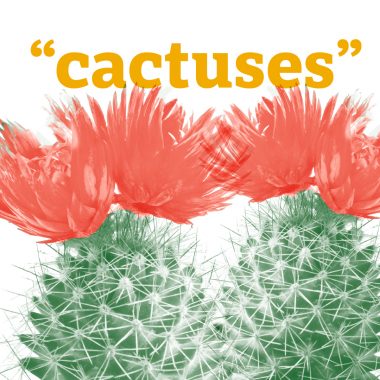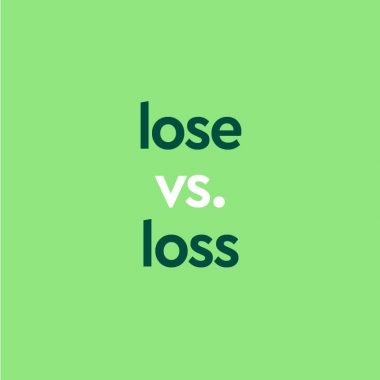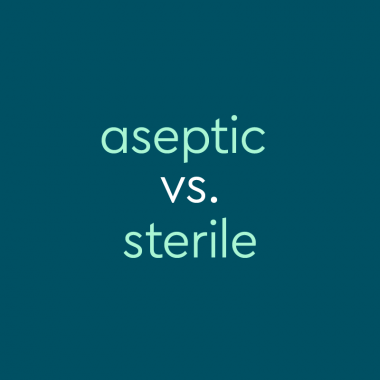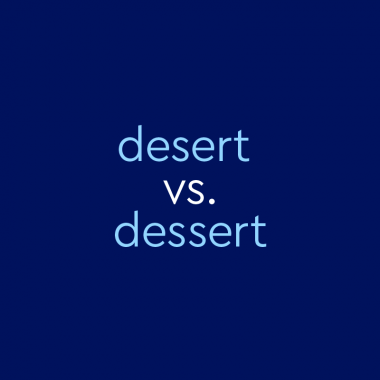Where Does The Name “Winter” Come From?
It’s easy to tell when winter is coming in the parts of the world that feel the full force of the four seasons. The leaves have all come and gone from the trees, the air regularly has a distinct bite to it, and people don’t leave the house without their winter caps (and the mountains put on their winter snow caps, too). In the Northern …











